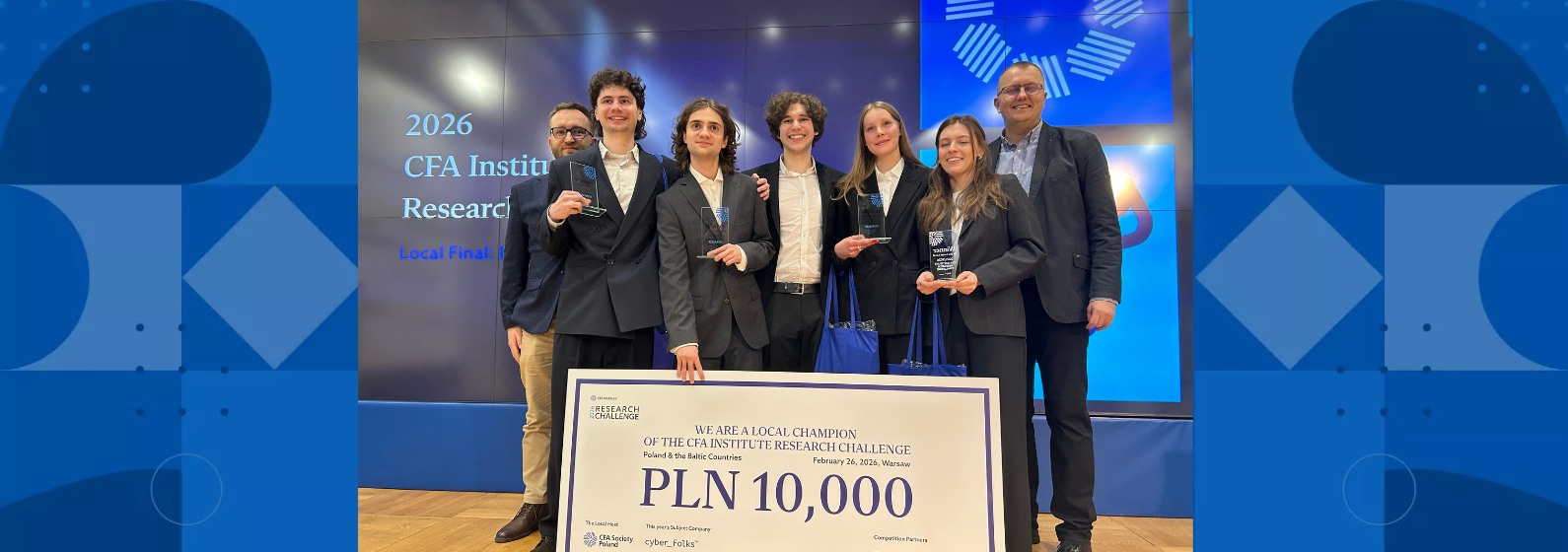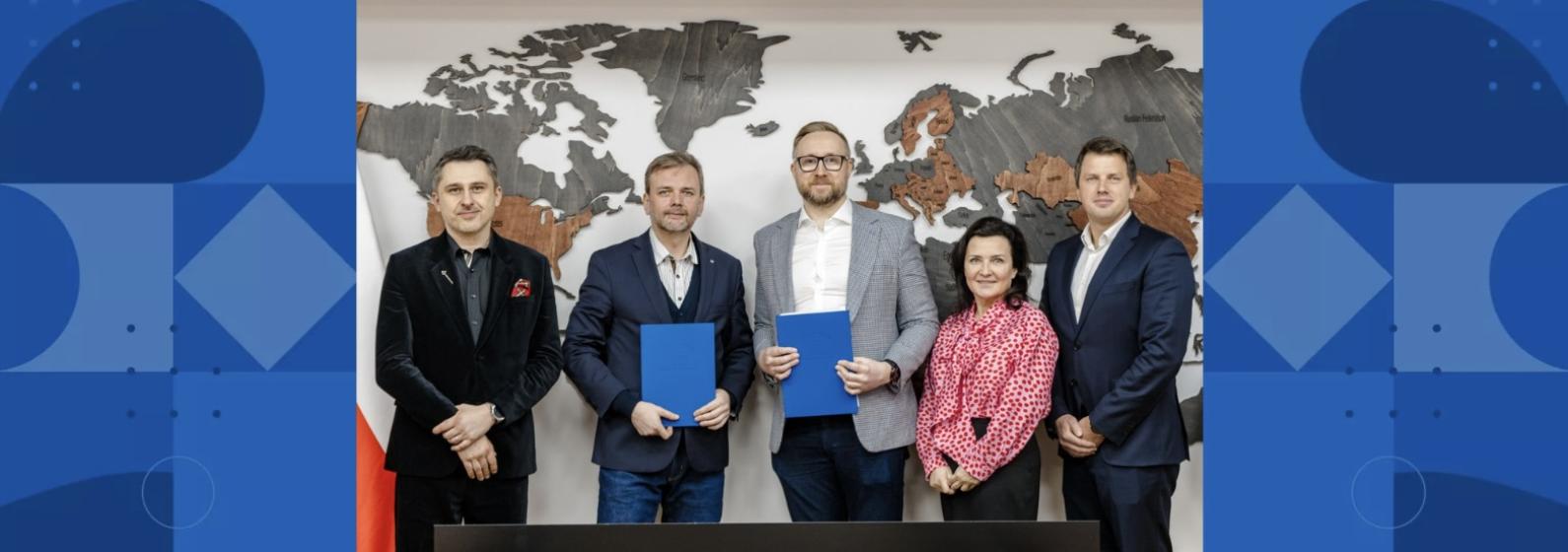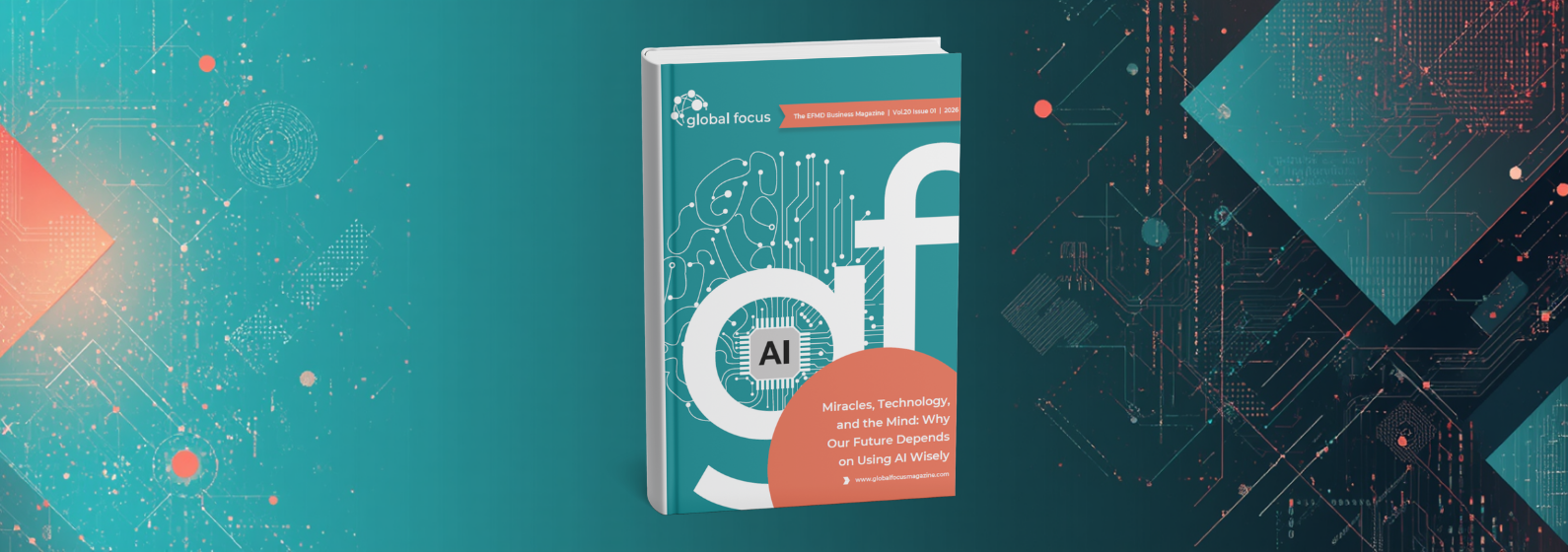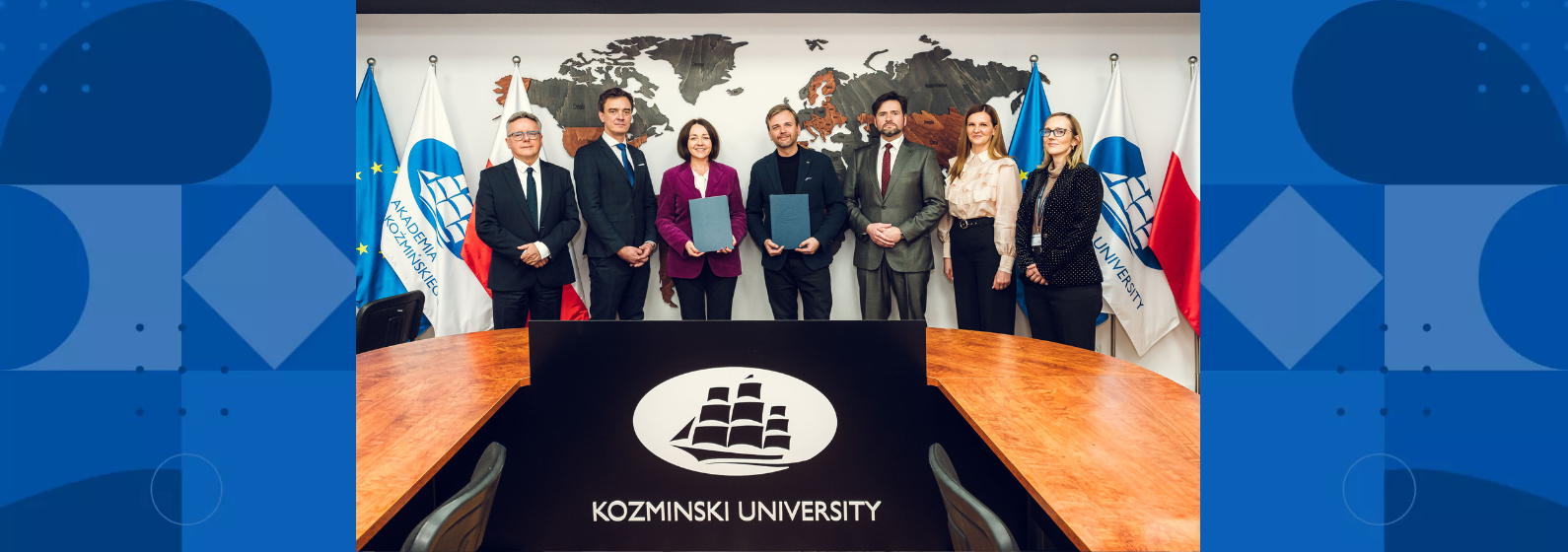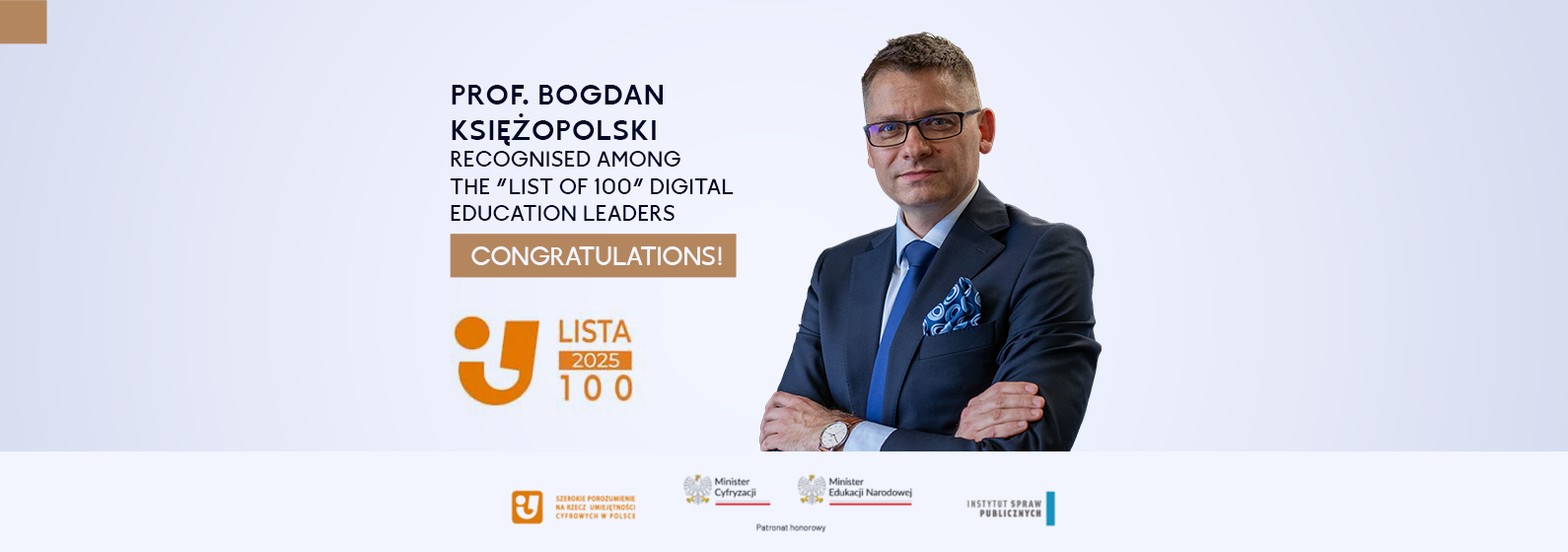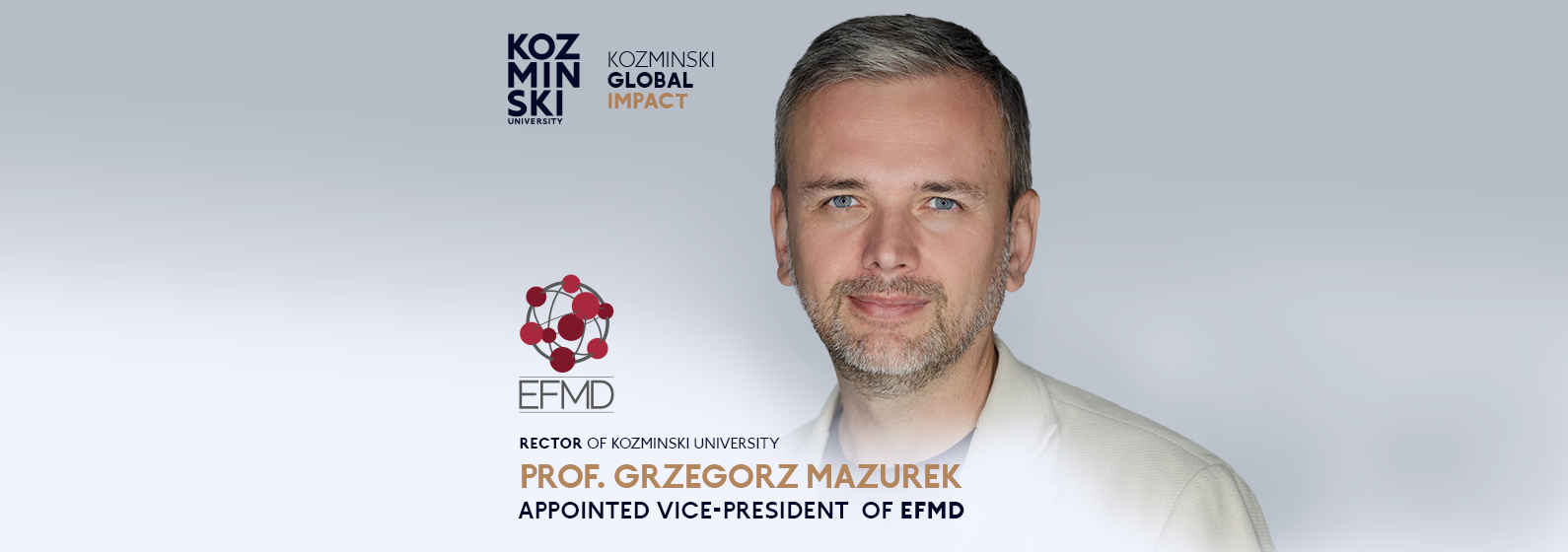Millions of users worldwide are testing the potential and limitations of ChatGPT for writing emails, poems, and even creating entire academic dissertations. The artificial intelligence-based text generator is now capable of writing a thesis or formulating answers to exam questions. No wonder that the approach to this generation of technology is discussed both in the business environment and within academic spaces.
Kozminski University is publishing its recommendations related to ChatGPT and other text, video, image, and sound generators.
The approach of the Kozminski University is based on the awareness of the pace of development of modern technologies and their impact, including on the education system. "We are aware that tools of this kind are available and will stay with us, changing, among other things, the way we acquire information," emphasizes Prof. Grzegorz Mazurek, Rector of Kozminski University. "The future belongs to people who can responsibly use the achievements of technology and think critically. The recommendations developed at Kozminski University take into account both the positive impact of technology on skills development and the need to respond to potential abuses."
The basis of Kozminski University’s recommendations is the assumption that the use of generators like ChatGPT must be based on honesty and transparency. It is essential to accurately mark the places where the generators served as support.
Practical Recommendations
Kozminski University, as an institution aware of the rapidly changing world, emphasizes awareness of growing digital tools and their potential use in developing students' competencies, supporting their development, and shaping a reflective attitude. It considers the creative use of technology during didactic classes while also pointing out the threats and the need to respond to potential abuses.
Prof. Aleksandra Przegalińska, Vice-Rector for international cooperation at Kozminski University, emphasizes: "University recommendations regarding ChatGPT are extremely important from an ethical point of view. On the one hand, they are supposed to help ensure that the tool is used in accordance with best practices, and on the other hand, to define boundaries."
In its recommendations, the university emphasizes independent student work and increasing awareness of potential threats related to the use of generators and their ability to make mistakes. In addition to elements regarding the usefulness of the tool, limitations in terms of information search and its credibility have been indicated. The university emphasizes that answers generated by artificial intelligence can be difficult to verify, while checking the collected information is necessary to use them in a scientific context.
RECOMMENDATIONS FOR LECTURERS AT KOZMINSKI UNIVERSITY regarding the use of artificial intelligence-based text, image, sound, and video generators such as ChatGPT, to support in a responsible and ethical way the development of their own knowledge and that of students
- Openness to using digital tools, including ChatGPT, to support the development of students and to shape their reflective attitude, including through the implementation of tasks (including group projects and work during classes). The aim is to improve critical thinking skills, increase the potential for innovation and experimental approach, as well as identify areas of application of such tools in the academic and professional environment. Classes can be based on discussion and co-creation of value with creative use of technology.
- Using tools like ChatGPT in the research process, while placing a strong emphasis on the independence of student work and transparency in technology use.
- Increasing awareness of the possibility of mistakes made by ChatGPT, generating potential threats (e.g., obtaining biased results), offensive or inappropriate materials, and unethical implications.
- Promoting diversity of sources and data.
- Applying appropriate methods and forms of credits and exams, enabling proper verification of students' knowledge, skills, and competencies - in the light of potentially negative consequences of using tools such as ChatGPT.
- Promoting the use of detectors of content created by ChatGPT and similar tools to ensure greater integrity and credibility of the process of developing and assessing diploma or credit works. Content generated by ChatGPT is not recognized as independent student work.
- Preventing abuses by introducing a mechanism for random checking of written works using detectors.
- Systematically building and expanding the knowledge base about ChatGPT and similar tools, and creating a platform for experience exchange to facilitate their ethical use in the teaching process and to prevent abuses.
